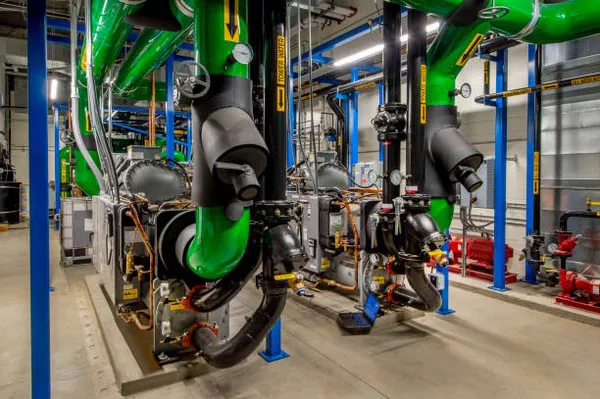In the realm of audio production, the manipulation of vocal recordings stands as a fundamental pillar. From enhancing clarity to ensuring consistency in volume levels, various tools are employed to refine and optimize vocal performances. Among these tools, compressors hold a paramount position. With their ability to sculpt dynamics and refine tonal characteristics, compressors play a crucial role in shaping the sonic landscape of vocals. This article delves into the intricacies of what compressors do to vocals, unraveling their significance in the realm of audio engineering.
Understanding the Function of Compressors:
Before delving into the impact of compressors on vocals, it is imperative to comprehend their fundamental function. At its core, a compressor is an audio processing tool designed to regulate the dynamic range of an audio signal. By reducing the amplitude of louder sounds while boosting softer ones, compressors effectively narrow the overall dynamic range, resulting in a more controlled and consistent output.
The Impact of Compressors on Vocal Dynamics:
One of the primary applications of compressors in vocal processing is the management of dynamic fluctuations. Vocal performances inherently contain variations in volume, ranging from whispers to belted notes. While these dynamics contribute to the expressive nature of vocals, excessive fluctuations can pose challenges in achieving a balanced mix.
Compressors address this issue by attenuating the peaks of the vocal signal, thereby reducing dynamic disparities. By setting an appropriate threshold level, compressors ensure that louder sections of the vocal performance are brought under control without excessively squashing quieter passages. This results in a more even and consistent vocal delivery, facilitating easier integration into the mix.
Enhancing Vocal Presence and Clarity:
Beyond dynamic control, compressors also play a pivotal role in enhancing vocal presence and clarity. Through judicious manipulation of attack and release settings, compressors can accentuate the transient elements of vocal performances, such as consonants and initial syllables. By emphasizing these elements, compressors impart a sense of articulation and definition to vocals, ensuring that each word cuts through the mix with clarity and precision.
Moreover, compressors can be employed to tame excessive sibilance and harshness in vocal recordings. By utilizing features such as side-chain filtering and multi-band compression, engineers can selectively attenuate problematic frequency regions, thereby smoothing out tonal inconsistencies and improving overall vocal timbre.
Crafting Vocal Tone and Character:
In addition to their corrective capabilities, compressors serve as powerful tools for sculpting vocal tone and character. By manipulating parameters such as ratio, threshold, and release time, engineers can imbue vocals with a desired sonic aesthetic, ranging from intimate warmth to aggressive punchiness.
For instance, a higher compression ratio combined with a fast attack time can impart a sense of urgency and intensity to vocal performances, ideal for genres such as rock and hip-hop. Conversely, a gentler compression approach with slower attack and release times can yield a more natural and transparent sound, suitable for acoustic and folk-oriented styles.
Dynamic Shaping and Artistic Expression:
While the primary function of compressors revolves around dynamic control, their creative potential extends far beyond mere regulation. Through innovative use of compression techniques such as parallel compression and side-chain ducking, engineers can impart unique textures and flavors to vocal recordings, elevating them from functional elements to artistic statements.
Parallel compression, for instance, involves blending a heavily compressed version of the vocal signal with the dry, uncompressed signal. This technique preserves the natural dynamics and transient detail of the original performance while adding weight and impact to the overall sound. Similarly, side-chain ducking can be employed to dynamically carve out space for vocals within a dense mix, ensuring that they remain intelligible and prominent without overpowering other elements.
See also What Is A Home Ac Compressor? A Comprehensive Guide
Conclusion:
In the realm of audio production, compressors stand as indispensable tools for shaping and refining vocal recordings. From taming dynamic fluctuations to enhancing clarity and character, compressors wield a profound influence on the sonic identity of vocals. By harnessing their capabilities judiciously, engineers can elevate vocal performances from raw recordings to polished masterpieces, ensuring that they captivate and resonate with listeners on a profound level.

